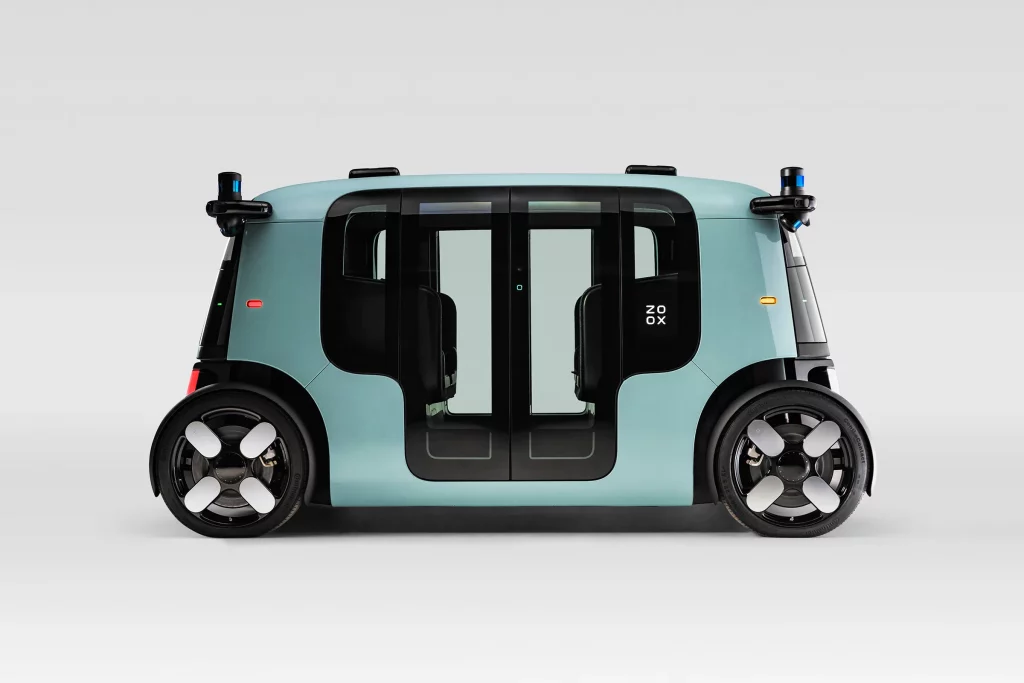Autonomous vs. Automated vs. Self-Driving

Autonomous vehicles
Pioneering the Future of Transportation
Autonomous vehicles (AVs) have emerged as a groundbreaking innovation poised to revolutionize the way we transport ourselves from point A to point B. These cutting-edge machines employ advanced technology to either partially or entirely replace the human driver in controlling the vehicle’s movements, navigating through complex road networks, avoiding obstacles, and responding to dynamic traffic conditions. In this article, we delve into the intricacies of autonomous vehicles, exploring the differences between autonomous, automated, and self-driving cars, how they work, the challenges they face, and the multitude of benefits they offer.
Autonomous vs. Automated vs. Self-Driving: Whats the difference?
To set the stage, it’s essential to distinguish between the terms often used interchangeably: autonomous, automated, and self-driving vehicles. Autonomous vehicles refer to those with varying degrees of human intervention, while automated vehicles are guided by a pre-programmed set of rules and actions. Self-driving cars, on the other hand, operate independently without any human intervention, relying solely on sensors, AI algorithms, and advanced software to navigate.
How Do Autonomous Cars Work?
At the heart of an autonomous vehicle’s operation lies a sophisticated fusion of hardware and software. Sensors like LiDAR, cameras, radar, and GPS provide a real-time view of the vehicle’s surroundings. Powerful onboard computers process this data, creating a comprehensive understanding of the environment. Machine learning and AI algorithms analyze this information to make decisions, such as steering, braking, accelerating, and even changing lanes. This constant loop of data collection and analysis ensures that the vehicle can navigate safely and efficiently.
What Are The Challenges With Autonomous Cars?
Despite their immense potential, autonomous cars face several challenges. These include ensuring the safety of passengers and pedestrians, addressing ethical dilemmas, and achieving regulatory approval. Additionally, robust cybersecurity measures are necessary to protect these high-tech vehicles from hacking attempts, ensuring that they cannot be manipulated for malicious purposes. Infrastructure upgrades and standardization of AV technology are also essential for seamless integration into existing transportation systems.
What Are The Benefits Of Autonomous Cars?
The advantages of autonomous vehicles are numerous. They promise to enhance road safety by eliminating human errors, reduce traffic congestion through efficient routing, and lower fuel consumption by optimizing driving patterns. AVs can also provide mobility solutions for people with disabilities and the elderly. Moreover, they have the potential to significantly reduce the number of vehicles on the road, contributing to reduced emissions and a greener environment.
What Solutions Does Synopsys Have For Autonomous Cars?
Synopsys, a leading technology company, offers a range of solutions to address the unique challenges of autonomous vehicles. Their expertise in embedded software, security, and system integration helps ensure that AVs are not only technologically advanced but also safe and secure. Their software tools enable developers to build reliable and robust systems for autonomous vehicles, contributing to the realization of a safer, more efficient, and sustainable future of transportation.
In conclusion, autonomous vehicles are poised to transform the way we move, offering exciting possibilities for safer, more efficient, and sustainable transportation. While challenges remain, continued innovation and collaboration among industry players, including companies like Synopsys, bring us one step closer to a future where autonomous vehicles are an integral part of our daily lives.





